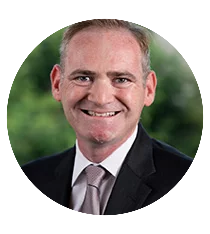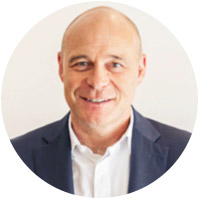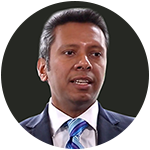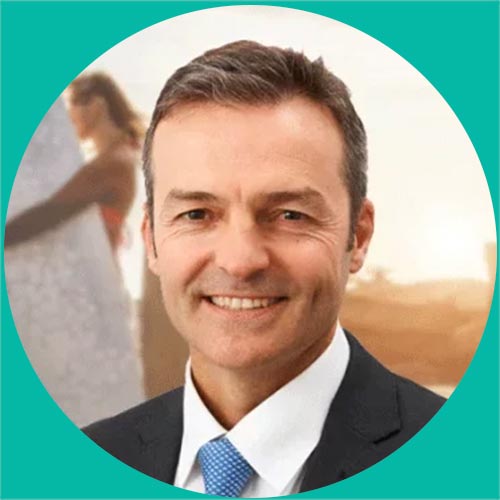Great Expectations – managing your self talk
We’re going to take a break from the ideal healthcare consultation process to discuss a very important aspect of dealing with people you don’t know – it’s called: managing your self-talk.
Often, when facing a customer for the first time, negative self-talk can take over. This is especially true for people who are reliant on bonuses or commissions derived from sales results. As the fear of losing creeps in, we get exactly what we expect.
There are several examples of negative self-talk in these situations. A simple way to handle negative self-talk is to replace it with positive self-talk. The human brain has difficulty keeping more than one thought present in the mind at the same time. For example, if I write the following statement…
“Don’t think of a red elephant.”
It’s extremely likely that you just pictured a red elephant, even after reading not to. It doesn’t make it any easier that there is a red elephant pictured at the top of this post! Here are three examples of how we can talk ourselves out of establishing necessary rapport with new patients or clients.
Mind-reading
“This person doesn’t really want to meet with me…” Instead, change this to: “She made an appointment with me, so she must need something.”
Filtering
“This will be a very difficult meeting because I have to talk to three people at the same time.” Instead, change this to: “I don’t know how this meeting will develop, let’s just wait and see.”
Personalisation
Instead of thinking “I don’t have much in common with this person”, think “I will discover what I have in common with this person,” or “We’re going to do business together, not get married.”
You get what you give
From time to time, I have to fight negative self-talk while I’m teaching, coaching or consulting. At these times, I have learned to replace these negative sentiments with positive ones. This is reflected in my rate of speech, my tone of voice, my facial expressions, the words I use, how I move, and a myriad of other subtle and unconscious mannerisms.
For example, when I walk into a training room full of twenty-five health practitioners that I have never met, I may be thinking any of the following negative thoughts as I begin:
- “They’ll resist my ideas”
- “They won’t like my style”
- “They’ll prejudge me because of my ‘American-sounding’ accent” (I’m actually Canadian)
- “They’ll see this as an interruption in their work”
If I allowed these negative thoughts to dwell in my mind… how do you think I’d perform? How effective would I be in delivering my message? I’d likely help fulfill my own prophecy, and treat them exactly as I expect they fear being treated.
Results follow expectations
When I was a psychology student, one of my professors told me a story that I’ll never forget. Now, this story is from memory, so if anyone out there wants to correct me on the specifics, I’m all ears. The gist, however, is true:
My professor’s colleagues had conducted a study that involved junior school teachers of inner-city schools.
These kids, mostly black and under-unprivileged, had an extremely low likelihood of attending college or university after high school. In fact, graduation from high school was often considered a massive success.
Well, the psychologists attempted to perform an experiment with these kids and their teachers. They divided the kids into two groups, an experimental group and a control group. For the experimental group, they informed the head teacher of the school to communicate to their teachers that they would be teaching a group of gifted children. These kids were so bright, they had scholarships already waiting for them in 12 years, and the teachers who would get these kids were selected to maximise their potential. The teachers of the control group were not told anything about their students other than the norm.
Both groups went to the same school, read the same books, made the same friends, lived in the same neighborhoods, and ate the same school dinners… all that was different was how the teachers interacted with them.
After 12 years of schooling, what do you think happened? You’ve probably guessed it already.
The vast majority of the kids in the experimental group indeed achieved a level of academic excellence that was unheard of at that school. Years after the study, many of the students in the experimental group went on to be accepted at college, graduated with degrees, and some of these attended graduate school.
The kids in the control group, on the other hand, performed no better or worse than the average kid to come out of that school.
The essence of the experiment is this: both groups performed exactly as expected.
This research has been frequently cited as a landmark study supporting an educational application of Vroom’s Expectancy Theory, which states
an individual will act in a certain way based on the expectation that the act will be followed by a given outcome and on the attractiveness of that outcome to the individual.
If you’d like to read more about this research as it relates to teaching others, see this article. If you have kids, you may want to begin your PR campaign with his or her teachers right away.
Seriously, I strongly believe that we get what we give. And, I think that this applies very well to how our initial expectations of others can lead to their positive or negative impressions about us.
Related Posts
Meet our Co-Founders
We’re passionate about helping leaders of high-quality, growth-minded practice owners double their practice revenue
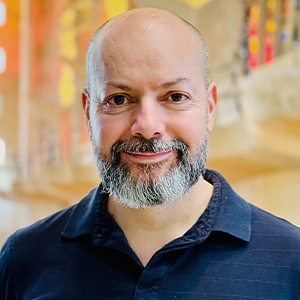
Rod Solar
Founder & Scalable Business Advisor
For over 20 years, I’ve helped ophthalmology entrepreneurs scale their private practices. I specialise in doubling revenue within three years by offering a proven framework, hands-on experience, and a team of experts who implement what works. We take the guesswork out of growth and scale, so you can focus on delivering exceptional patient care while maximising the value of your business.
LiveseySolar completely transformed the way we were approaching this… We’ve gone from having just the dream of having a practice to having a practice up and running with people making inquiries and booking for procedures… It’s extremely pleasing. We feel lucky we connected with LiveseySolar.
— Dr Matthew Russell, MBChB, FRANZCO, specialist ophthalmic surgeon and founder of VSON and OKKO
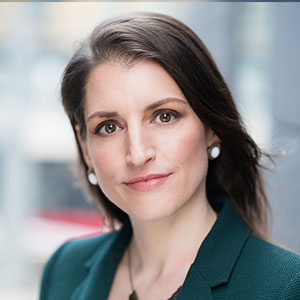
Laura Livesey
Founder & CEO
I’m the co-founder & CEO of LiveseySolar. I’ve developed powerful eye surgery marketing systems that increase patient volumes and profits for doctors, clinics, and hospitals, since 1997.
Rod and Laura know as much about marketing surgery to patients as I know about performing it. They are an expert in the field of laser eye surgery marketing. They know this industry inside out. I believe that they could help many companies in a variety of areas including marketing materials, sales training and marketing support for doctors.
— Prof. Dan Reinstein, MD MA FRSC DABO, founder of the London Vision Clinic, UK


